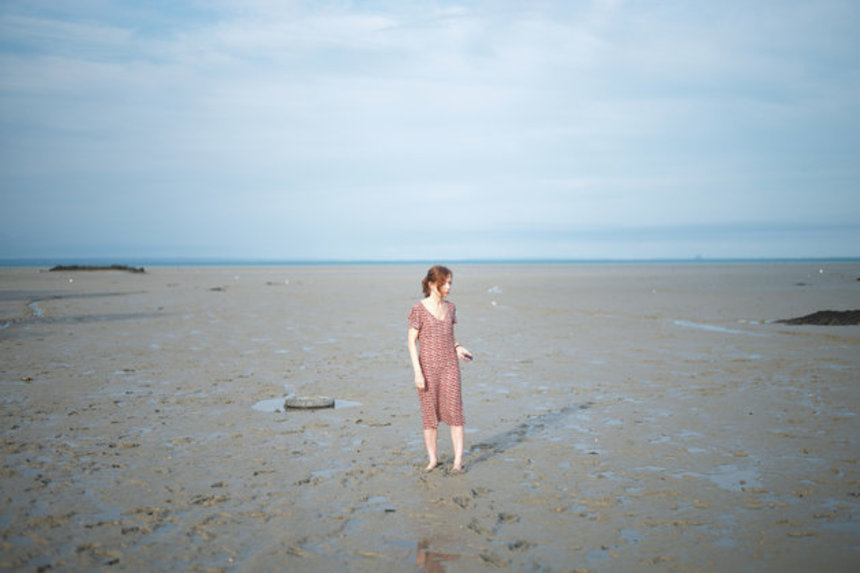Berlinale 2016 Review: THINGS TO COME Artfully Tells A Tale As Old As Time

Isabelle Huppert stars as Nathalie, a middle-aged high school teacher placidly happy with her life as it winds towards retirement. Nathalie shares a book-lined Paris apartment with husband of thirty years, Heinz (André Marcon), runs a philosophy imprint on the side, and vacations on the Brittany coast whenever she can. Her life, in short, is a kind of bourgeois ideal, so it's clear that it won't last.
As in all French domestic dramas, there is an affair, followed by divorce, followed by heartbreak. As in all films about middle-age life, there is an ailing older parent, followed by mental and physical decline, followed by heartbreak. As in all stories of people who run not-particularly-profitable niche publishing businesses (this, admittedly, pools from a much smaller sample size), there is meddling from the no-nothings in the marketing department, followed by questionable decisions made, followed by... well, you get it.
I bring up all this strife not to emphasize the extent, but to talk about the extent of emphasis. Put simply, lot's of painful crap happens to poor Nathalie, but she never gets particularly bogged down in melancholy; indeed, at every point Hansen-Love's script veers pointedly away from melodrama. In the key moment of the film, Nathalie rides a municipal bus, coming home from a particularly difficult encounter with her mother. As tears are shed, the bus whizzes right by Nathalie's ex-husband, traipsing goofily down the street with his new gal. The sheer surprise of it, coupled with his oblivious gait, causes Nathalie to burst out laughing. The scene that began not thirty seconds ago in tears concludes with a hoot.
That's Things To Come in nutshell. Hansen-Love is just resolute in contextualizing all developments in a larger, ever turning cycle. Though she doesn't shy from the difficulties of life, she's equally generous with the victories and small pleasures. Tears of sorrow give way to those of joy; the end of one relationship is the beginning of another; a death in the family precedes a new birth. This even keel in one part reflects the three main characters -- Nathalie, Heinz and Fabien, a former student of Nathalie's that comes back into her life - professors of philosophy, all. But it is also in large part further evidence of a director obsessed.
The natural ebb-and-flow of life is hardly the most original of themes, and, truth be told, even with that caveat Hansen-Love offers little new insight. But then, sometimes a cliché is a cliché because it just is. Using Nathalie as a proxy, the director plainly states her case. "I'm sorry I'm not radical", she at one point voices, "I've always had the more modest goal of teaching others."
To say that she teaches would do Hansen-Love a disservice. Things To Come is an example of full thematic engagement on a level rarely seen. Hansen-Love uses every tool in a director's arsenal with the express purpose of fleshing out her thesis. She opens on France's Atlantic coast, where the tide recedes far as the eye can see and then returns with full force, and sets the film in the near past, sometime during the presidency of Nicholas Sarkozy, the former president who left office in 2012 and is expected by many to return to that post come 2017. She builds it into the character of Nathalie - a daughter, forced to parent her ailing parent. And she ably uses the streets of Paris, scenes of the 1968 student protests, where former protesters now cross picket lines, held by the younger generations they sired and inspired, on their ways to work.
Despite little by way of trenchant commentary, this total commitment to tone and theme mark Things To Come as a film to reckon with. At one point a character offhandedly remarks, "the future is never certain" and it seems Hansen-Love has mustered the entire power of the film form to ring a stinging rebuke. "Of course it's clear", the movie says. "We've all been there before."

Do you feel this content is inappropriate or infringes upon your rights? Click here to report it, or see our DMCA policy.






